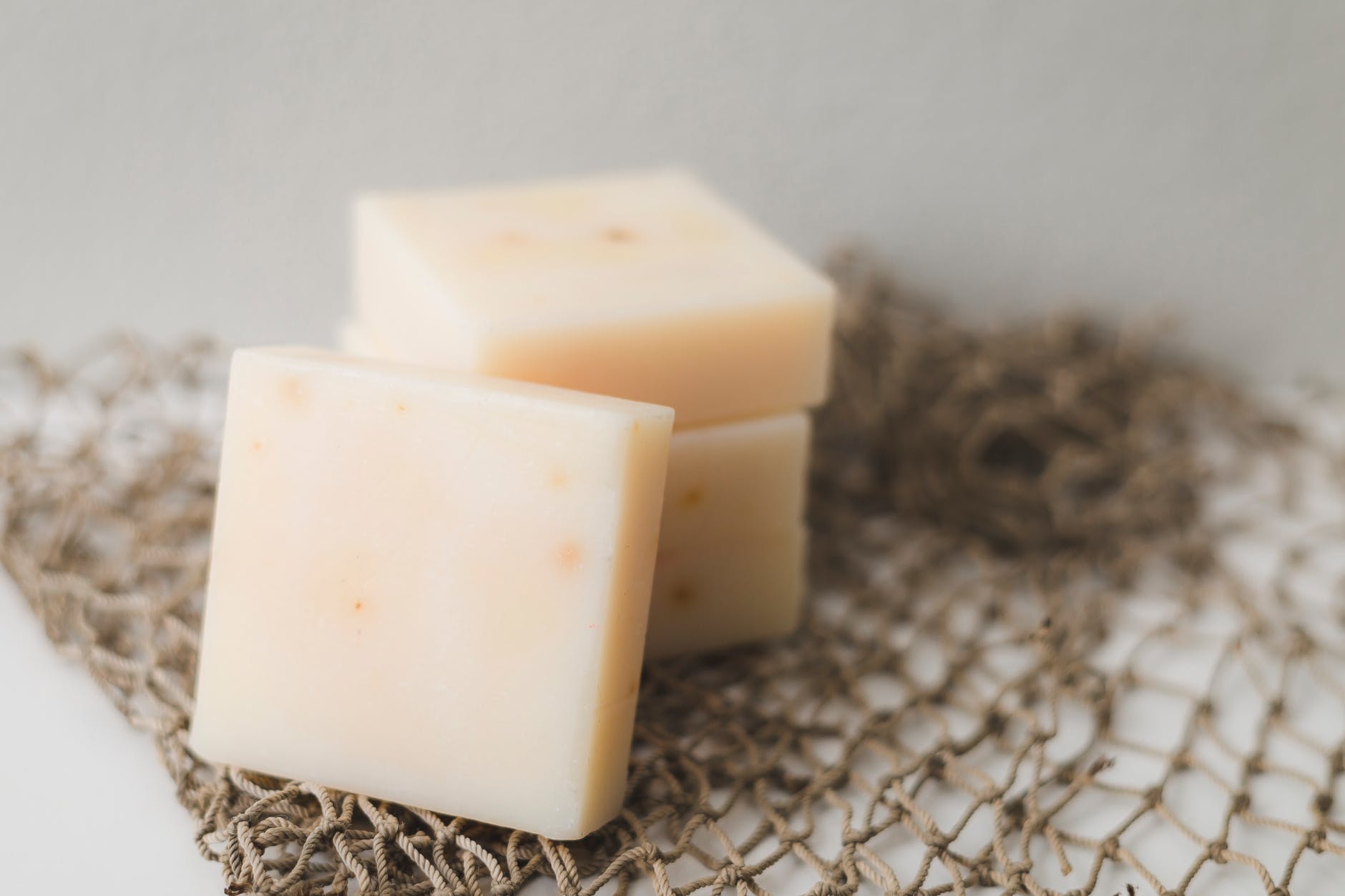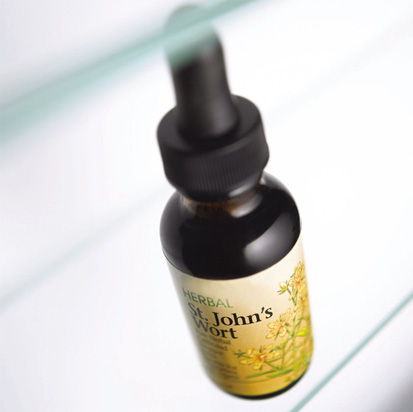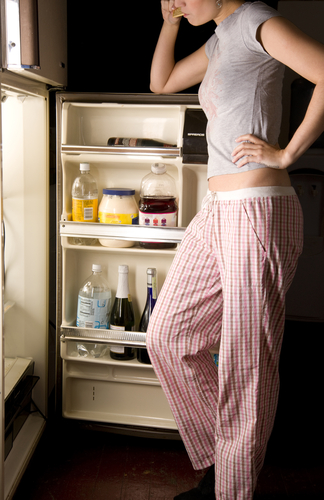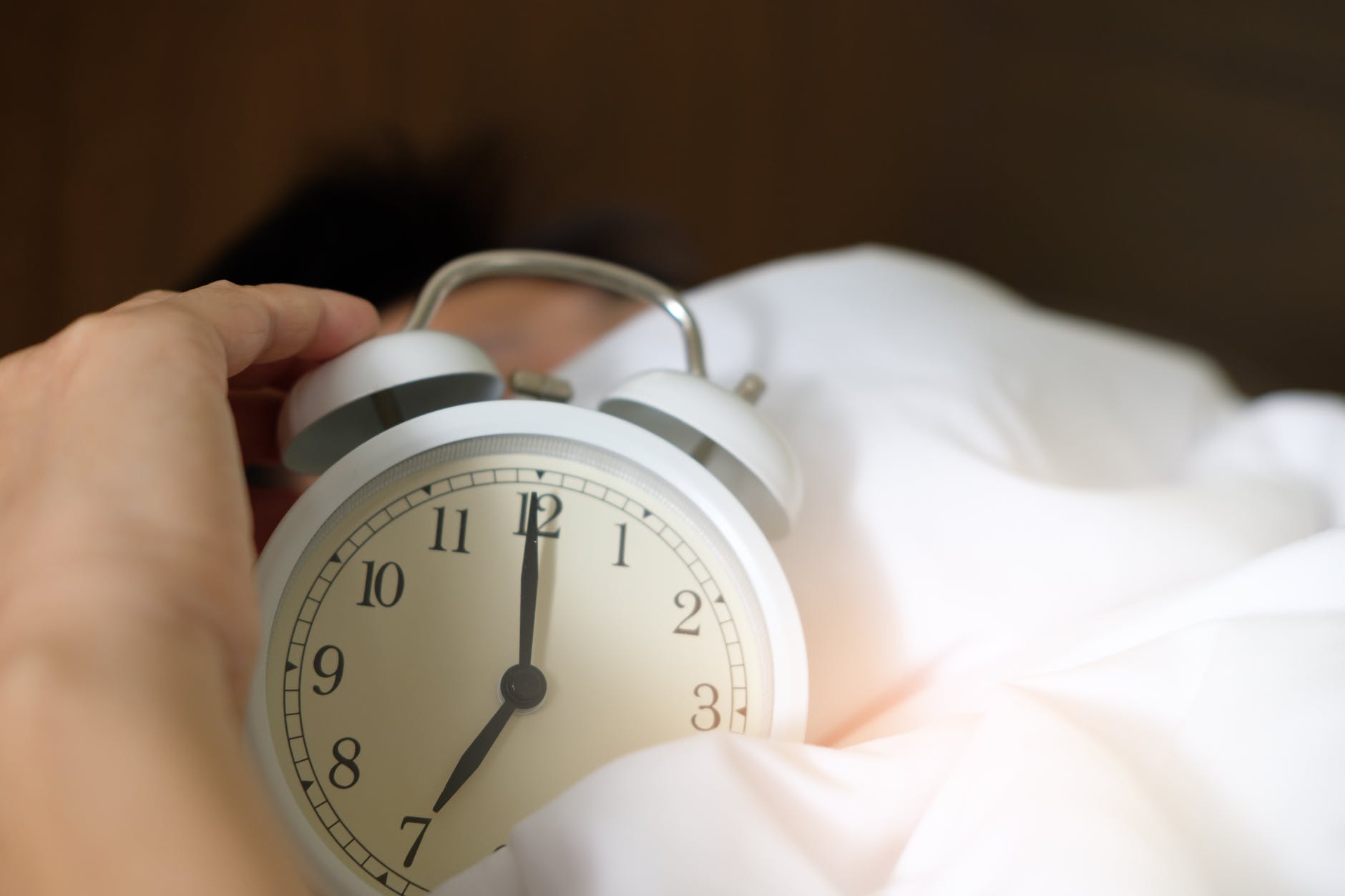Anti-Depressant Drugs, Their Side Effects and Natural Remedies to Treat Depression
Anti-Depressant Drugs, Their Side Effects, and Natural Remedies to Treat Depression
There are many anti-depressant drugs in the market such as Prozac, Paxil and Zoloft that account for 70% of the prescriptions by physicians in the United States and around 28 million Americans have used them.
Remember that drugs always come with side effects and these anti-depressant drugs can have extremely severe side effects and can also damage your neurological health.
Please see the side effects associated with anti-depressant drugs at the end of this article.
These drugs work broadly by enhancing the serotonin activity in your brain.
Although often used in major depressive disorders they have many side effects such as
♦ low heart rate
♦ depressed respiration
♦ depressed levels of consciousness
♦ diminished levels of cognitive activity
♦ sometimes even death in children.
Also, when used over a long time, they can do structural damage to your brain due to their inherent role in the metabolism.
Therefore, the natural alternatives to antidepressant medication form one of the safest options of medication one comes across today.
Depression can be cured by one or a combination of following treatment techniques:
♦ Medication / alternative medicine
♦ Individual therapy/ psychotherapy
♦ Social support systems/ community network/ psychosocial rehabilitation
♦ Electroconvulsive therapy
♦ Natural anti-depressants
Natural alternatives to anti-depressant medication include natural anti-depressant foods, natural anti-depressant supplements and various therapies that use alternative medicines.
These are 100 % natural compounds that can form a regular part of your diet. These natural antidepressants help in maintaining a natural balance of brain chemicals to regulate optimum secretion of serotonin in your brain.
Unlike other antidepressant drugs, they act as a supplement for your diet and do not cause any severe life-threatening side effects.
Foods with Anti-depressant Compounds
Many foods have been scientifically studied to contain antidepressant-like quality due to their composition. The natural compounds in these foods act as precursors for serotonin production.
Serotonin is a neurotransmitter responsible for a calming effect in your brain.
Eating regular, small and nutritious meals works as natural antidepressants and help in keeping your serotonin levels in control as well as in managing depression, the natural way.
Some of the precursors present in food are tryptophan, folic acid, and Vitamin B.
Examples of Foods with Anti-depressant compounds
✦ Walnuts

Omega 3 fatty acids present in walnuts help in elevating your mood.
✦ Dark chocolates

Cocoa and around 300 other natural compounds present in them help in boosting your spirits.
✦ Chicken and Turkey

Tryptophan and vitamin B6 present in chicken and turkey act as a precursor to serotonin and other amino acids. Selenium present in chicken and turkey help the formation of neurotransmitters.
✦ Salmon and mackerel

Omega 3 fatty acids present in them help in controlling depression.
✦ Cheddar or Swiss cheese

Tryptophan present in it helps in releasing serotonin.
✦ Spinach

The folic acid content of spinach helps in maintaining a physical and mental health to produce optimum levels of serotonin.
✦ Citrus fruits
Vitamin C present in these fruits maintain your RBC count and produce dopamine, an important neurotransmitter.

✦ Whole Wheat

Rich carbohydrate complex present in whole wheat help in the production of serotonin.
✦ Popcorn

Carbohydrates present in popcorn help in the production of serotonin in your brain.
✦ Water
Natural hydrating properties of water help in flushing out toxins from your body and maintaining a chemical balance throughout your body including the brain.
Natural Anti-depressant Supplements
1. St. John’s Wort (Hypericum perforatum)
This herbal antidepressant has been used as a medicine to treat depression for many decades. It has been clinically tested and has been proven effective in mild to moderate depression states. It has fewer side effects than many prescription drugs.

2. 5 hydroxy tryptophan (5HTP)
It is believed to be a supplement precursor to increase levels of serotonin. It has also given comparative results of prescriptive medicine but lesser side effects.
Role of Omega 3 Fatty Acids in Depression
Many clinical studies of depression have conclusively linked depression with low dietary intake of omega 3 fatty acids. The group of fatty acids is responsible for normal brain function and membrane structures.
Scientific research from Clinical Infectious Diseases (2011), American Heart Association, American Cancer Society, and more than a dozen universitites has established that depression is often associated with high levels of omega 6 fatty acids (Arachidonic acid) and low levels of omega 3 fatty acids.
In such patients, increasing the levels of omega 3 fatty acids helps in obtaining a balance of omega 6 and omega 3 fatty acids to optimum levels.
To better control depression and improve brain health, aim for the ideal ratio of omega 3 and omega 6 in the body, which should be at least 1: 1 to 4:1.
Side effects of anti-depressant drugs
✪ Physical symptoms.
Some patients taking anti-depressants develop
✧ insomnia
✧ skin rashes
✧ headaches
✧ joint and muscle pain
✧ stomach upset
✧ nausea
✧ diarrhea
These problems are usually temporary or mild or both. A more serious potential problem is reduced blood clotting capacity because of a decreased concentration of the neurotransmitter serotonin in platelets.
Patients are at increased risk for stomach or uterine bleeding, and are more likely to require a blood transfusion during or after surgery.
This risk is about the same as the risk of bleeding with NSAIDs (aspirin, ibuprofen, naproxen). If patients use SSRIs and NSAIDs at the same time, the risk more than doubles, so they must be combined with care.
✪ Involuntary movements.
These include
✧ tics
✧ muscle spasms
✧ dyskinesia (repetitive muscle movements)
✧ parkinsonism (rigid and trembling limbs, a shuffling gait, loss of fine motor control)
✧ akathisia (compulsive restlessness)
✧ any of which may be accompanied by severe anxiety.
Though rare, these symptoms are more likely in the elderly and in patients taking fluoxetine and citalopram, the drugs that remain longest in the body.
Resources: antidepressantssideeffects.org, mayoclinic.com, helpguide.org, psychcentral.com, womentowomen.com




